הַגָּדָה שֶׁל פֶּסַח Hagada de Pesaj (1973) is the first edition of a bilingual Hebrew-Spanish nusaḥ Sefaradi Passover haggadah compiled and translated by Rabbi Meir Matsliaḥ Melamed (1920-1989). Rabbi Melamed had in 1971 been installed at the pulpit of the Cuban Sephardic Hebrew Congregation, after having served previously in Rio de Janeiro, Brazil where his 1966 Hebrew-Portuguese siddur Tefilat Masliaḥ was first published. For that prayerbook, as with this haggadah, no Hebrew type with vocalization and cantillation marks was available to Rabbi Melamed, so liturgy was reproduced from images of older authoritative works. Rabbi Melamed’s translation appears to the sides of these images and his commentary underneath.

This work is in the Public Domain as it was published in the United States within 30 days of having been published in a foreign country. Additionally, the work is in the Public Domain for not having been registered with the US Copyright Office, a required condition for works published before 1 January 1978.
Source (Spanish) Translation (English)
Miami Beach, Enero 1973
Miami Beach, January 1973
Source (Spanish) Translation (English)

“📖 הַגָּדָה שֶׁל פֶּסַח (מנהג הספרדים) | Hagada de Pesaj, a bilingual Hebrew-Spanish Passover haggadah compiled and translated by Rabbi Meir Matsliaḥ Melamed (1973)” is shared through the Open Siddur Project with a Creative Commons Attribution-ShareAlike 4.0 International copyleft license.
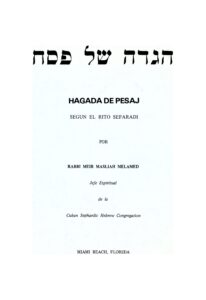
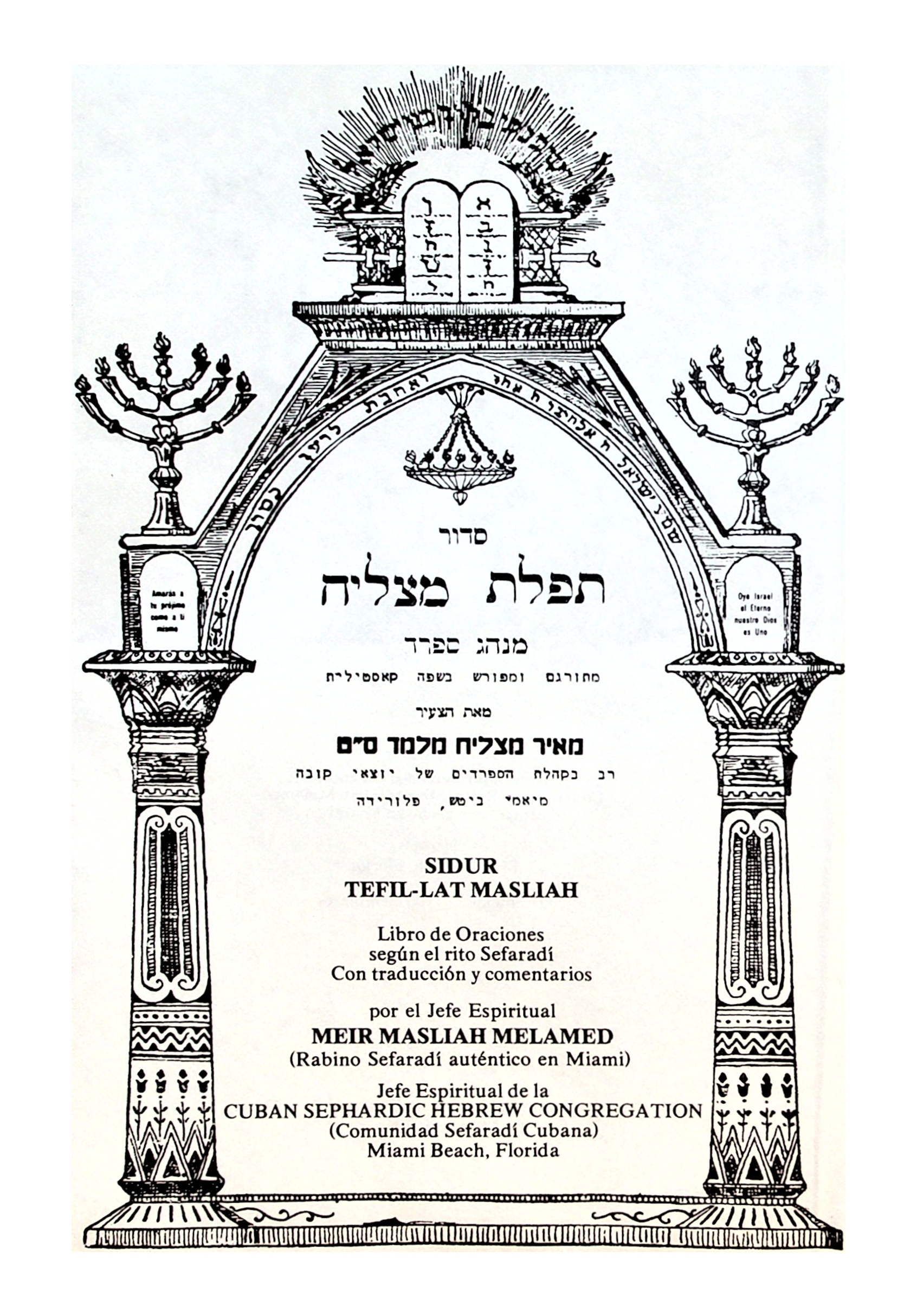
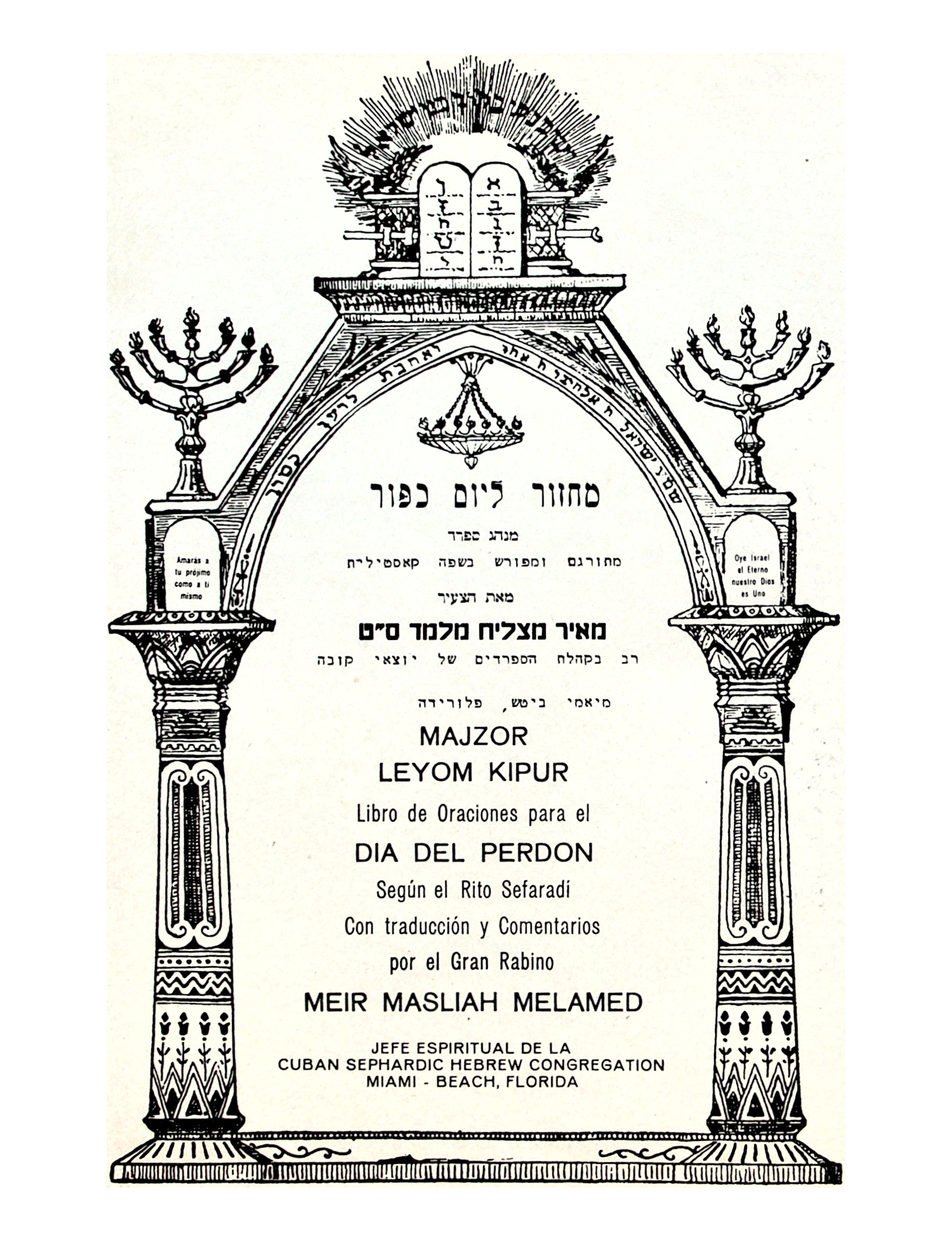
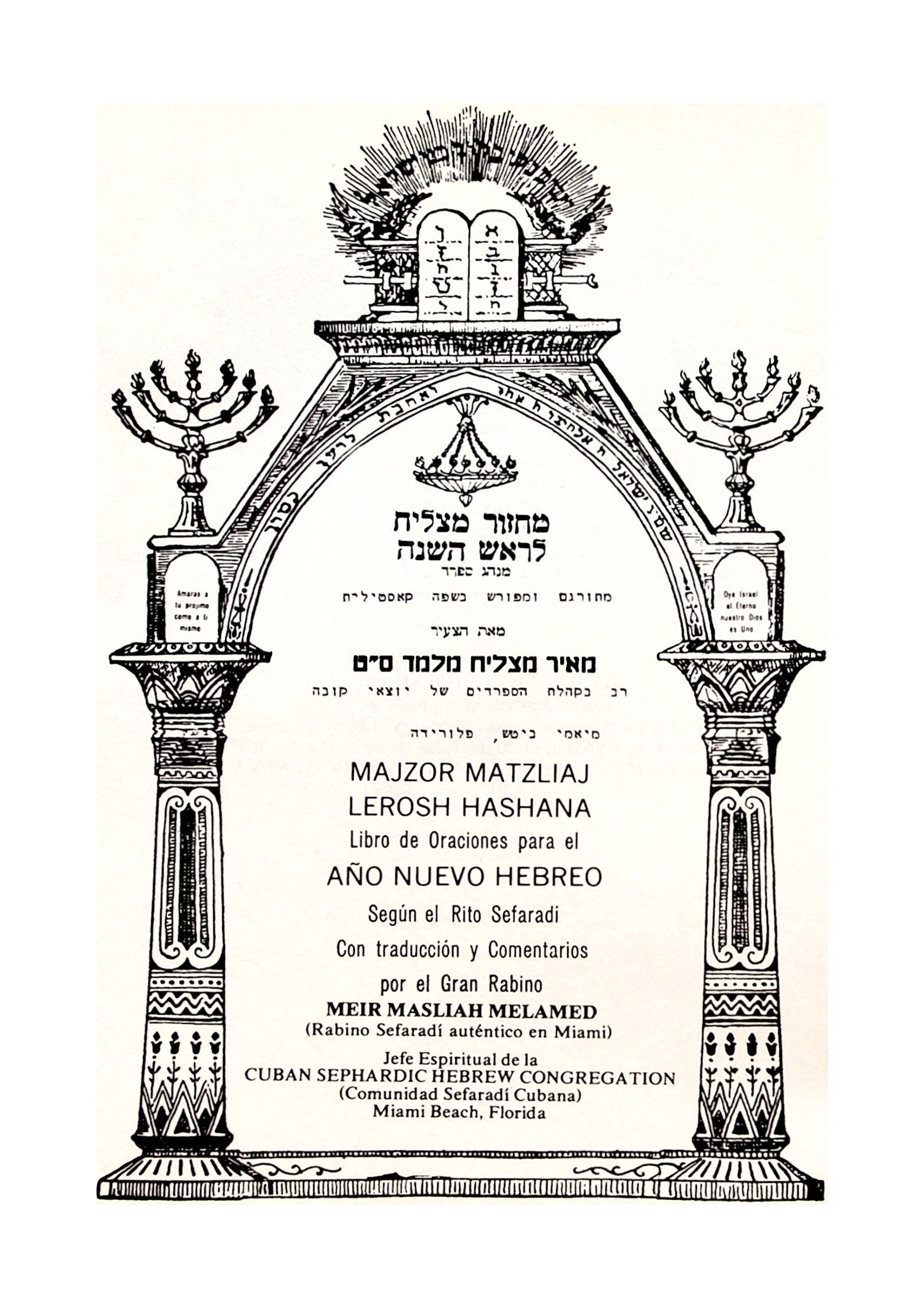
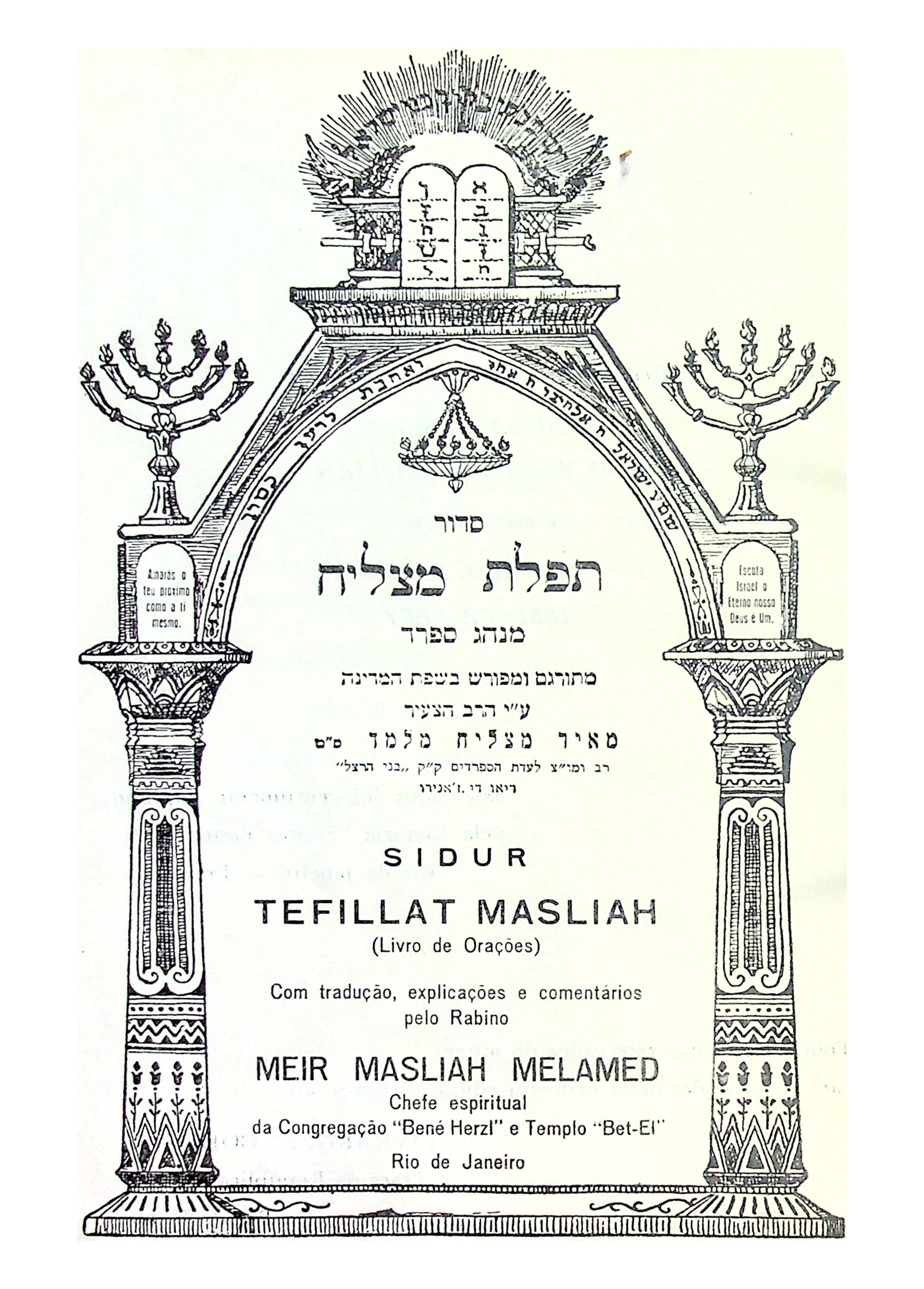


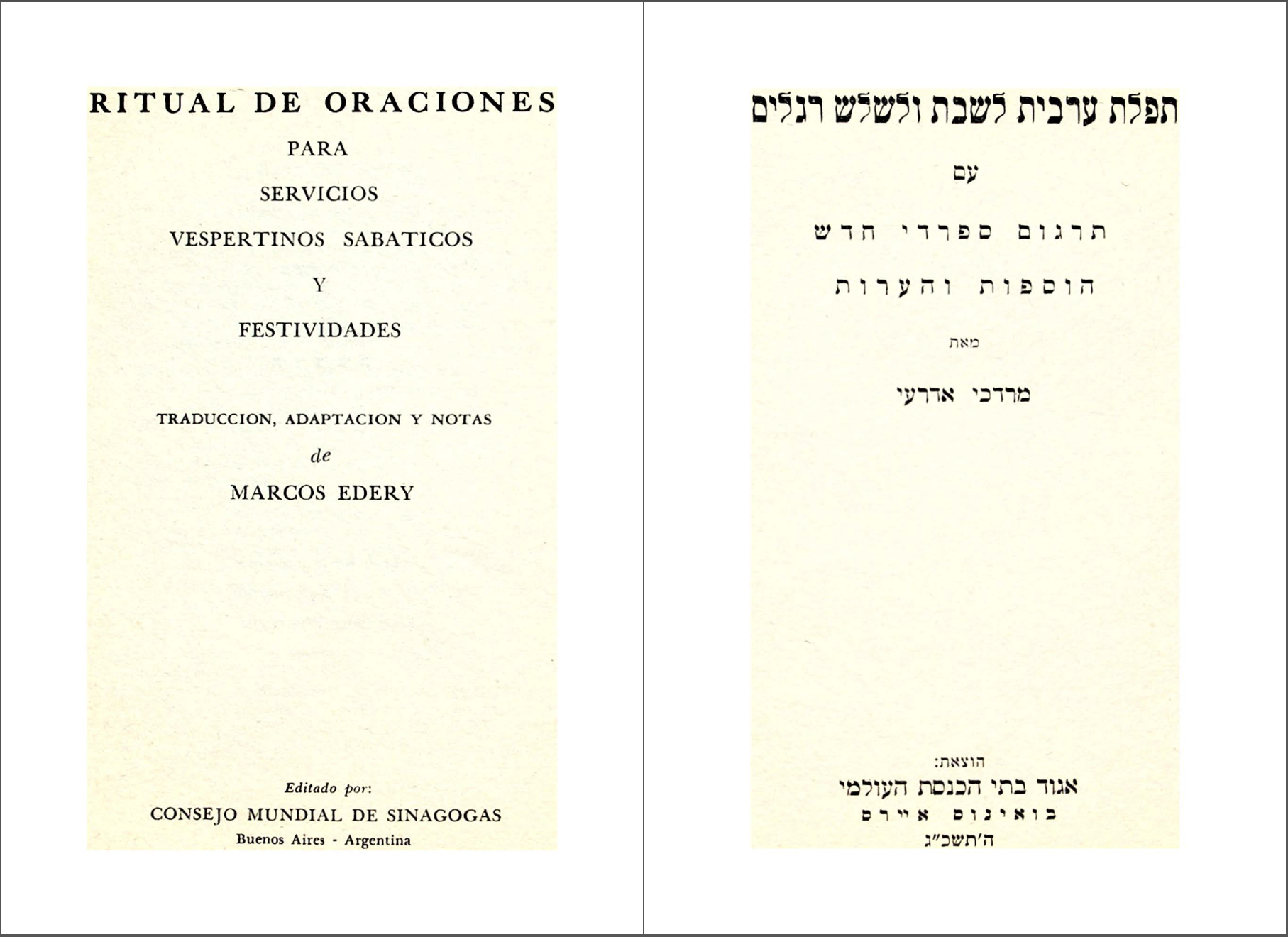


Leave a Reply